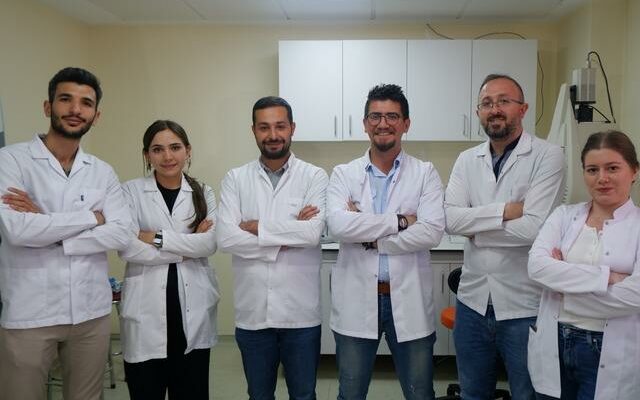Assoc. Prof. Dr. Selçuk Özdemir stated that it is estimated that around 60 thousand people in Germany and Turkey are affected by these diseases, which constitute a spectrum of neurodegenerative diseases that manifest themselves with FTD, ALS and PSP, dementia, behavioral symptoms, paralysis and muscle loss, movement disorders and other serious disorders, and said, “There is no cure for any of these diseases yet. With current methods, it is not possible to reach a definitive diagnosis regarding the molecular pathology of these diseases during the patient’s lifetime, since brain tissue must be examined.
“The development of treatments and the classification of patients according to their disease require the diagnosis of the underlying pathology. Only such classification allows the testing of targeted and therefore potentially effective disease-modifying therapies.”
“THE FIRST STUDY SHOWING BIOMARKERS”
Özdemir, who stated that the current study, which will be applied in a hospital and laboratory environment, has shown that PSP, the behavioral variant of FTD, and most of the ALS cases, except for a certain mutation, can be diagnosed with a blood test and that this is also valid for the underlying pathology, said, “Our study is the first to show pathology-specific biomarkers. Initially, the application is likely to be in the research and therapy development phase.
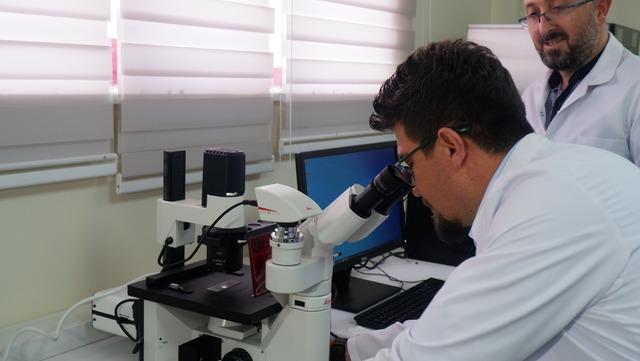
“However, in the long term, I think it is realistic to use these biomarkers for diagnostic purposes in medical routine. However, further studies are needed for this. In fact, it will be particularly important to determine how these biomarkers develop longitudinally, that is, throughout the course of the disease, and how early in the course of the disease they rise,” he said.
“THE DEVELOPED BLOOD TEST WILL PROVIDE A DEFINITE DIAGNOSIS”
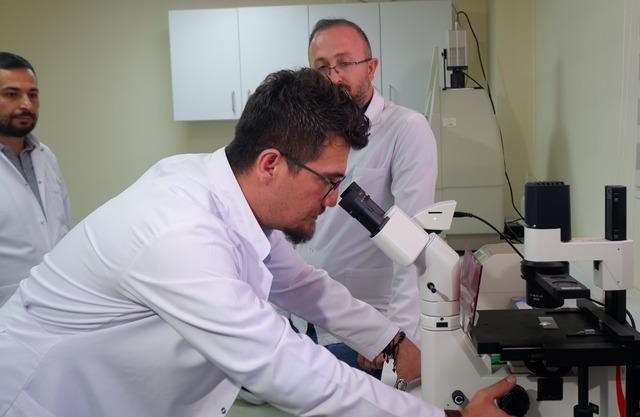
Özdemir emphasized that the new blood test, which is based on the measurement of proteins called Tau and TDP-43 proteins, provides the opportunity to provide decisive evidence for diagnosis, and continued as follows: “This blood test is especially needed for the “behavioral variant of FTD” investigated here.
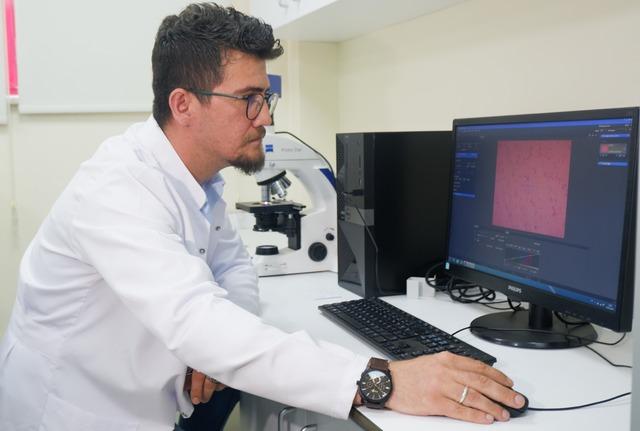
This is because the symptoms of the most common form of FTD can be due to two different pathologies (i.e. abnormal processes) in the brain, and these can usually only be distinguished by analyzing tissue after death. Only in the few cases where the disease is genetic can DNA analysis provide certainty during the patient’s lifetime. The blood test developed in our current study now allows a definitive diagnosis to be made during the patient’s lifetime, even in the absence of any mutation. This is a prerequisite for testing new treatments against these various FTD pathologies in clinical trials.”
“OUR EFFORTS TOWARDS PRODUCTION MUST INCREASE”
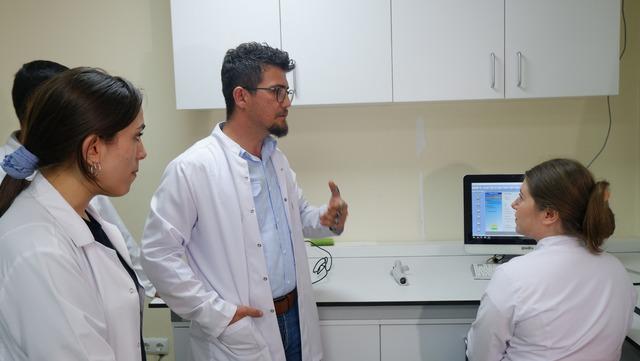
Assoc. Prof. Dr. Selçuk Özdemir, who explained that the method has a special aspect and that proteins are measured directly in blood plasma, and that such measurements are inconclusive, especially because tau proteins, which circulate freely in the blood, are generally fragmented, said, “With our teammates, we determined the levels of two forms of tau proteins and TDP-43 proteins in the vesicles.
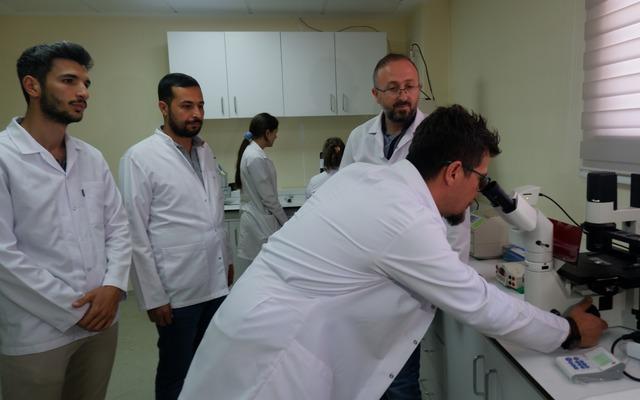
These are small lipid bubbles that are secreted by body cells and can eventually enter the bloodstream. As researchers, we were able to capture the proteins contained in the vesicles thanks to a multi-step preparation that included centrifuging blood samples.
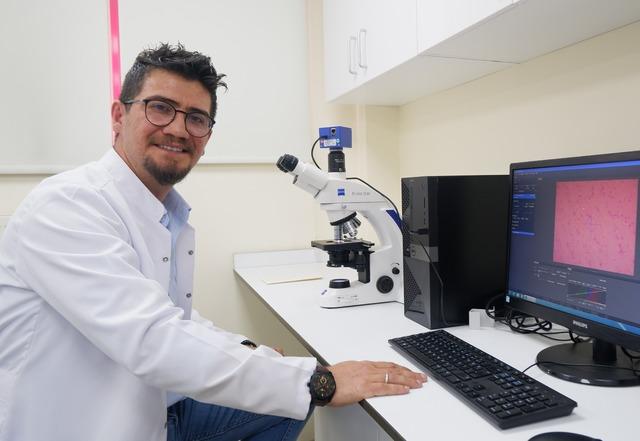
“In recent years, with the support provided by many of our institutions, we have made progress in research and development, especially in health and technology. We should increase product-based and value-added research. I think our country has taken good steps in this regard in the last 5-6 years,” he said. (İHA)
